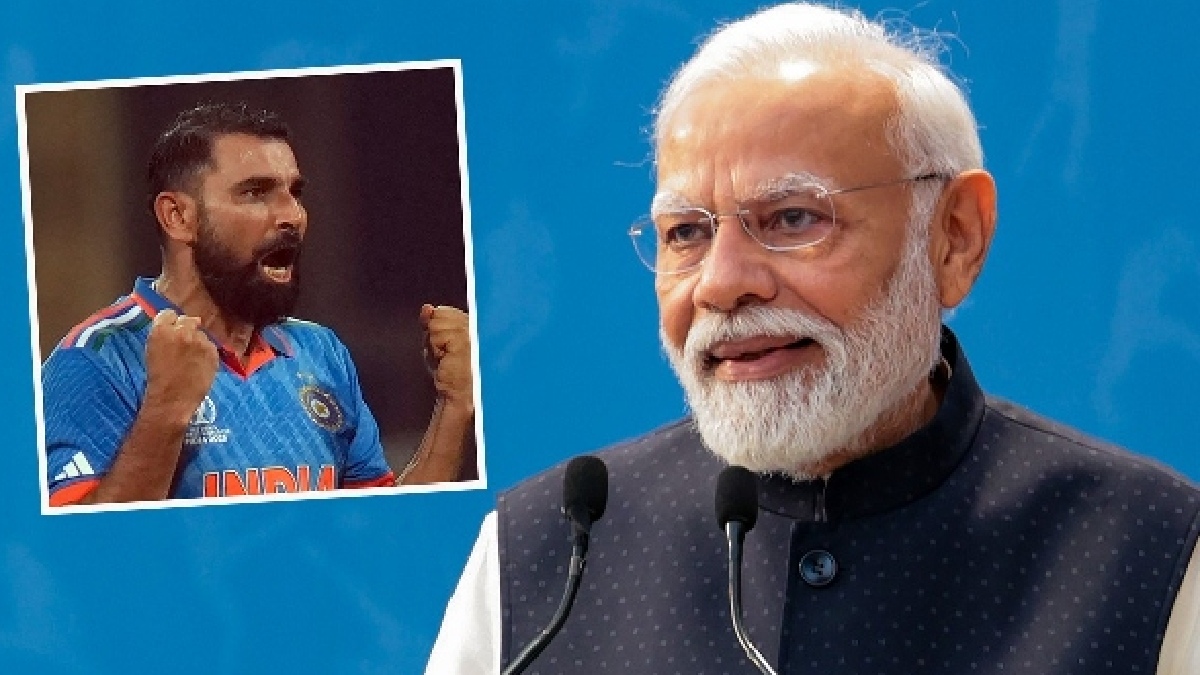Economics of global warming
New
Delhi,
Oct
14:
Increasing
environmental
hazards
may
pose
a
threat,
not
just
to
the
people
but
the
burgeoning
Indian
economy
as
well.
Stating this at the Hindustan Times Leadership Summit, Dr V Ramanathan, a scientist at the University of California said the the spatial and variations of the monsoon rainfall in India is an evidence of the lurking danger to the economy.
''The agricultural levels have been going down. The drought frequency has been increasing and according to studies, it might double in the next 20-25 years, making the situation worse,'' Dr Ramanathan said.
The global average temperature has risen by five degrees in the last few millennia but it is feared that a similar increase will now spread over just a few decades. Global warming and melting ice caps has been a cause of concern for a long time now.
''A major chunk of a nation's GDP is lost on health issues that was resultant from pollution,'' said Professor Daniel Schrag, Director Harvard University Centre for the Environment.
But not all hope is lost according to the Professor. ''India can make the right choices, not repeat the mistakes committed by China. India can be a leader by making smart choices of adopting clean energy technology in transport, urban planning and power sectors,'' said Prof Schrag.
At an Intergovernmental Panel on Climate Change (IPCC) conference in April 2007, delegates from 120 nations discussed the specific economic and societal costs of mitigating global warming, and eventually approved the IPCC Fourth Assessment Report, which indicates general consensus that benefits of mitigation are worth the mitigation costs.
This would provide not only environmental solutions but business opportunities as well. ''Cost of fuels has been increasing. Even in case of biofuels, there has been an increase in the prices of corn,'' said Prof Schrag adding that India can lead by devising energy-efficient economy.
Citing example of insulation of apartments, he said that the if houses are built in a way that they are insulated naturally, rather than depending on external energy sources, the number of power plants required would go down.
An economy that's estimated to rank in the top three by 2025 has a long way to go in terms of energy-efficiency. With environmental activists sounding the alarm bells, India has to gear up to the challenges.
Dr Ramanathan pointed to the fact that the cloud of haze over the Indo-Gangetic plain has been thickening, which may reduce the rainfall during the monsoons and this can be a roadblock to the economy that's still dependent on the annual rains.
India has a long way to go and it still has time on hand to address the environmental concerns, rather than be a superpower under the sea.
UNI


 Click it and Unblock the Notifications
Click it and Unblock the Notifications




